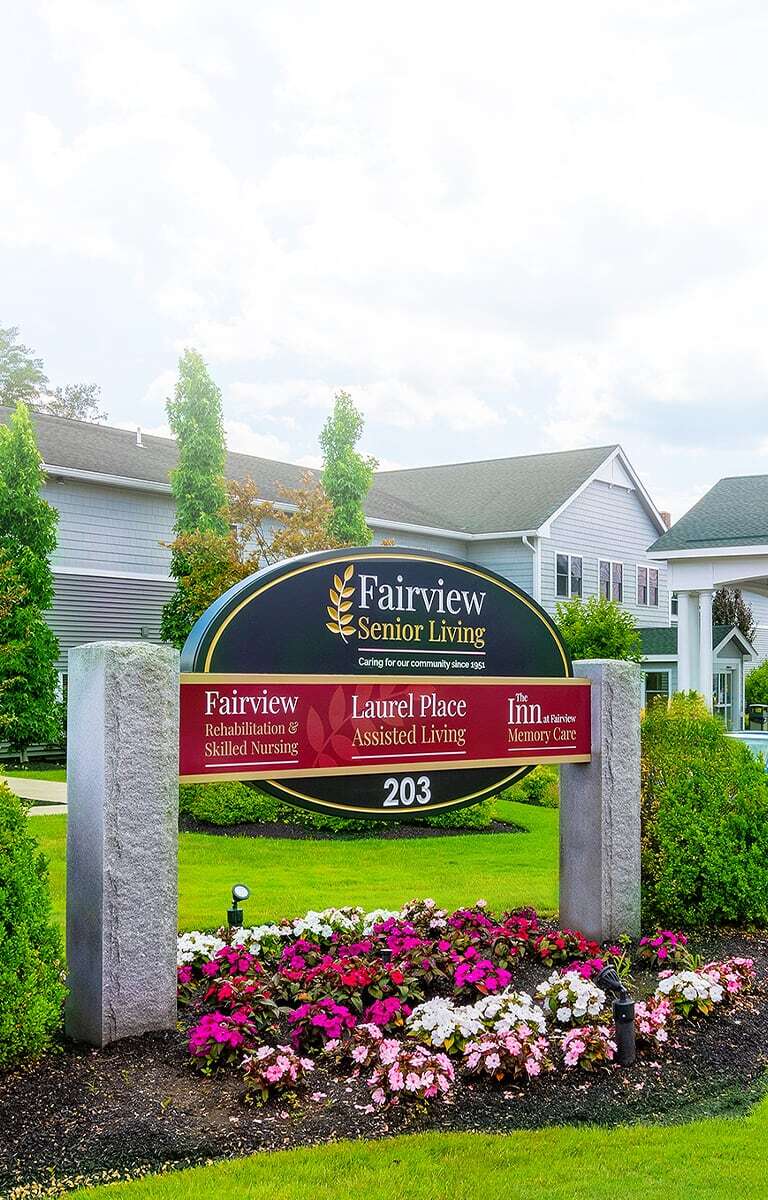Approximately 48 million people in the U.S. have some degree of hearing loss, and it is the 3rd most prevalent health condition in older adults. But, many people struggle with acknowledging hearing loss. AARP reports that about half of people 75 and older have lost 35 decibels or more of hearing— the point at which a hearing aid is needed. But it can be tough to tell when someone’s hearing is starting to go, even if that someone is you. Some people are embarrassed or ashamed about losing their hearing, because they see it as a sign that they’re old, so they ignore it and pretend it isn’t happening. They also might be worried about the cost of hearing aids, or the way the technology looks or functions. As a result, the average time it takes to seek help is seven years, according to the Hearing Loss Association of America. But, left untreated, hearing loss can be dangerous.
Hearing loss happens for different reasons, including:
- Aging. The inner ear breaks down over time.
- Loud noise. Being around loud sounds can damage the cells of the inner ear. Damage can happen by being around loud noises over time. Or the damage can come from a short blast of noise, such as from a gunshot. The National Institute on Deafness and Other Communication Disorders reports that 15 percent of people ages 20 to 69 experienced hearing loss due to loud noise.
- Heredity. Your genes may make you more likely to have ear damage from sound or from aging.
- Noises on the job. Jobs where loud noise is constant, such as farming, construction or factory work, can lead to damage inside the ear.
- Noises at play. Exposure to explosive noises, such as from firearms and jet engines, can cause immediate, permanent hearing loss. Other activities with dangerously high noise levels include snowmobiling, motorcycling, carpentry, or listening to loud music.
- Some medicines. These include the antibiotic gentamicin, sildenafil (Viagra) and certain medicines used to treat cancer, which can damage the inner ear. Very high doses of aspirin, other pain relievers, antimalarial drugs, or loop diuretics can cause short-term effects on hearing. These include ringing in the ears, also known as tinnitus, or hearing loss.
- Some illnesses. Illnesses such as meningitis that cause high fever can harm the cochlea.
The Centers for Disease Control and Prevention identifies these 10 common signs of hearing loss:
- Speech and other sounds seem muffled
- Trouble hearing high-pitched sounds (e.g., birds, doorbell, telephone, alarm clock)
- Trouble understanding conversations when you are in a noisy place, such as a restaurant
- Trouble understanding speech over the phone
- Trouble hearing speech consonants (e.g., trouble hearing the difference between s and f, between p and t, or between sh and th in speech)
- Asking others to speak more slowly and clearly
- Asking someone to speak more loudly or repeat what they said
- Turning up the volume of the television or radio
- Ringing in the ears
- Hypersensitivity to certain sounds (certain sounds are very bothersome or create pain)
Hearing loss can be serious. The most important thing you can do if you think you have hearing loss is to seek advice from a health care provider. There are several types of professionals who can help you. You might want to start with your primary care physician, an otolaryngologist, an audiologist, or a hearing aid specialist. Each has a different type of training and expertise. Each can be an important part of your hearing health care.
- An otolaryngologist is a doctor who specializes in diagnosing and treating diseases of the ear, nose, throat, and neck. An otolaryngologist, sometimes called an ENT, will try to find out why you’re having trouble hearing and offer treatment options. He or she might also refer you to another hearing professional, such as an audiologist.
- An audiologist has specialized training in identifying and measuring the type and degree of hearing loss. Some audiologists are licensed to fit hearing aids.
- A hearing aid specialist is someone who is licensed by your state to conduct and evaluate basic hearing tests, offer counseling, and fit and test hearing aids.
The Hearing Loss Association of America has these suggestions for ways that friends and family can make living with hearing loss easier:
- Tell your friends and family about your hearing loss. The more friends and family you tell, the more people there will be to help you cope with your hearing loss.
- Ask others to face you when they talk so that you can see their faces. If you watch their faces move and see their expressions, it might help you to understand them better.
- Ask people to speak louder, but not shout. Tell them they do not have to talk slowly, just more clearly.
- Turn off the TV or the radio when you aren’t actively listening to it.
- Be aware of noise around you that can make hearing more difficult. When you go to a restaurant, for example, don’t sit near the kitchen or near a band playing music. Background noise makes it hard to hear people talk.
Having hearing loss can make you feel disconnected from the world around you. You may become frustrated, irritable, angry or depressed. If you have a history of exposure to loud noise, suspect your hearing has changed, or have family or friends that say you have trouble hearing and understanding them, don’t ignore these signs. Seek a professional assessment, or take the first step by completing the online assessment below to see if you need a hearing test.
Resources for Learning More:
A Fact Sheet About Hearing Tests
Do You Need A Hearing Test Assessment




